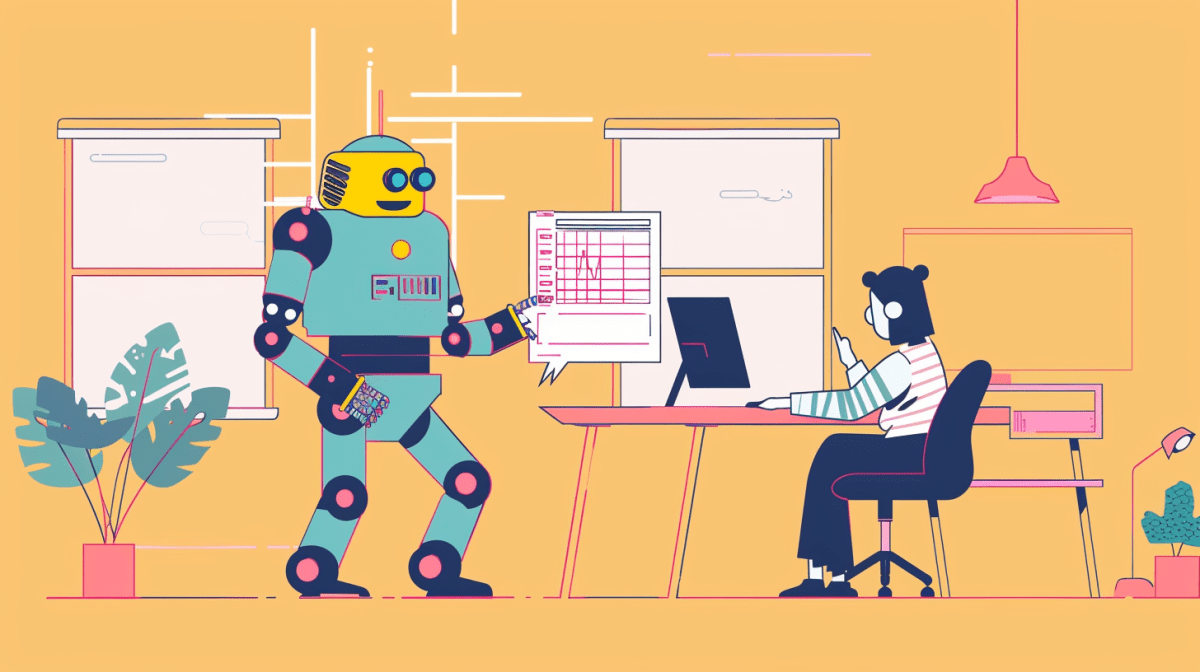ChatGPT now lets you import files directly from Google Drive, Microsoft OneDrive

Join us in returning to NYC on June 5th to collaborate with executive leaders in exploring comprehensive methods for auditing AI models regarding bias, performance, and ethical compliance across diverse organizations. Find out how you can attend here.
The news from OpenAI this week continues: today, the company announced it has updated its signature large language model (LLM) chatbot ChatGPT with the capability to import files directly from external cloud drives Google Drive and Microsoft OneDrive.
The capability is coming to paying subscribers to ChatGPT Plus, Team, and Enterprise users and will be available when using the new underlying GPT-4o model that OpenAI debuted on Monday, as well as older models.
Users can find the new integration by clicking the tiny paper clip icon to the left of their prompt/text entry bar at the bottom of the ChatGPT default interface on desktop.
OpenAI posted an animated video (republished below) showing the workflow goes once you do this in its blog announcing the update and on its X account.
VB Event
The AI Impact Tour: The AI Audit
Request an invite
You’ll need to grant access from your Microsoft OneDrive or Google Drive accounts in order to make use of the feature, but once you do, you can select a range of file types including spreadsheets, presentations, and documents to import directly into ChatGPT.
Then, OpenAI has updated the ChatGPT interface to allow you to see spreadsheet files in particular in a full-screen view and with an interactive interface showing any changes you make to them, using the underlying AI model in real time.
Once you’re finished, you can also download a copy of your ChatGPT-edited spreadsheet or document directly from the ChatGPT interface.
As OpenAI writes on its blog: “You can now customize and interact with bar, line, pie, and scatter plot charts in the conversation. Hover over chart elements, ask additional questions, or select colors. When ready, download to use in presentations or documents.”
For privacy minded users, OpenAI notes in its blog that “We don’t train on data from ChatGPT Team and Enterprise customers, and ChatGPT Plus users can opt out of training through their Data Controls” (which are available in the settings menu).
While ultimately a feature update, it is a pretty significant one for those who use ChatGPT to work on documents. it should save users time and give them more optionality when using the chatbot.



